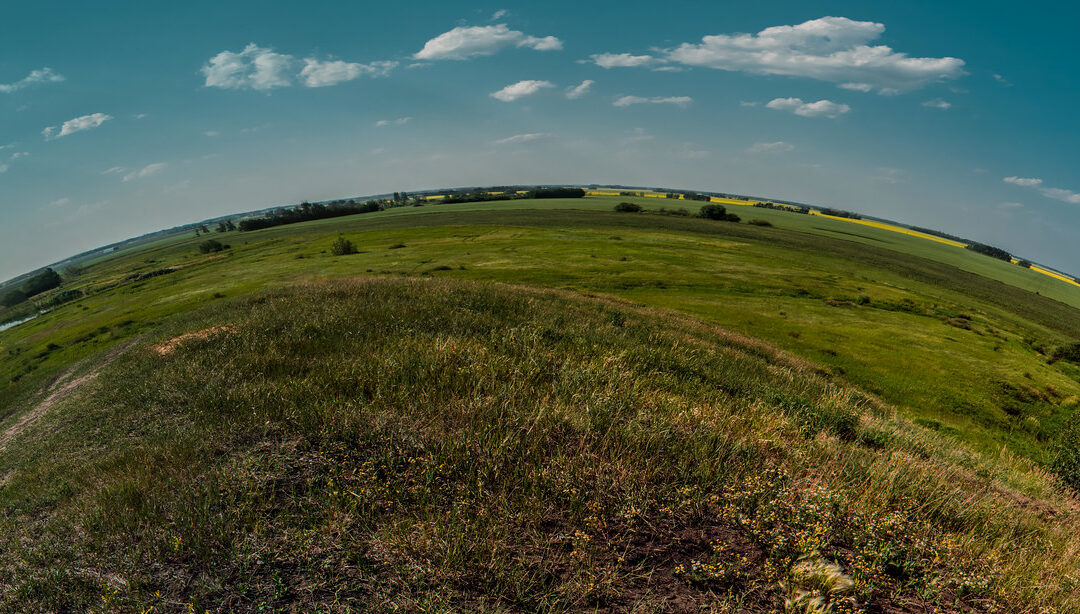18 September 2010
I attended a debate at the Frontline club on Thursday where there was a discussion on whether human rights should be at the heart of climate change policy.
It raised an interesting perspective that I had not considered before because human rights have an existing international legal framework. So if climate change impacts a person’s (or often those of a community or indigenous group) there is a path for redress. It may be difficult to follow it, because the people affected are usually poor, spend all their time just struggling to survive and would not know about these legal rights, let alone how to pursue them.
But those affected can be empowered (with the help from groups such as LEAD) and they can be helped by powerful advocates such as Amnesty International.
Human rights is another lens through which to view climate change and one that opens up more possibilities for holding to account those who contribute to it – who, of course, can be not only governments and corporations but ourselves as consumers.
Here is a video of the discussion at the Frontline club:
http://www.viddler.com/player/cb188acd/
Roger Stone, AIB
15 May 2010
The Hartwell paper was published this week by a group of 14 academics from USA, Canada, UK, Germany, Finland and Japan. It proposes that the failure of the UN Copenhagen summit (COP15) to enforce meaningful targets and the lack of noticeable progress from the global agreements and targets on reducing carbon emissions actually provide an opportunity to address concerns on climate change in different ways.
The authors argue for the expansion of measures that are popular and pragmatic, offering energy security and also aiding human dignity by providing the poorest with safe, available energy. They point out that a majority of human activity that forces climate change is not due to carbon emissions but other causes, such as the loss of tropical forests, black carbon and the emission of other greenhouse gases. These causes can be addressed in ways that do not generate the controversy of capping carbon emissions.
The proposed approach suggests incentives for investing in alternative energy sources, which speaks to the desires of many nations to increase their energy security, and for helping underdeveloped countries to use more effective energy – for example by providing more efficient stoves for the poorest to dramatically reduce the 1.5 million annual premature deaths due to soot which is addition would cut the effect of “black carbon” on warming and on the melting of glaciers. The BBC’s “Costing the Earth” programme this week looks at this in some detail and examines the practicalities of such approaches.
The report switches the focus from CO2 emission targets and this has been criticised by other leading figures in the field such as Bill Hare, of the Potsdam Institute for Climate Impact Research in Germany, as reported in Nature’s Climate Feedback blog.
In discussing how to put their proposals into practice, the authors suggest funding via an hypothecated carbon tax, which they claim will be low. But it is not clear how low this would be and any tax would seem to counter their argument that their approach would be more popular than the current emission caps and carbon trading.
Whether practical or not, the paper opens up other strategies for changing the damaging by-products of humanity’s energy usage. The question is whether these are useful additions or alternatives to current approaches or whether they would mainly damage the efforts to focus on carbon reduction. The proposals are likely to prove additional distractions to such efforts as the American Power Act, as noted in Discovery’s article on this bill by US Senators Kerry and Liebermann
7 May 2010
The new People’s Choice award in this year’s AIBs is very exciting for a number of reasons. It is the first time we are asking the general public to vote for awards, which allows the shortlisted entrants to gain a wider exposure for their programmes, as viewers will come from throughout the world, including many countries where the programmes are not currently broadcast. The voting process will also use social media to gain interest and attention, providing another example of the sort of audience engagement and participation which is becoming more and more important to broadcasting in the 21st century.
In addition climate change, the subject of programmes in the People’s Choice award, is a highly topical subject which provokes fierce debate and raises issues which could have a dramatic impact on the way that all nations live. Different countries, and even different tribes and regions within countries, risk being affected in different ways. For example, the indigenous people of the Amazon risk their lands turning into dry savanna (see here for how our sponsor, ADB, is helping the Surui tribe) while the coastal regions risk more flooding.
Because of the differing risks, as well as different political viewpoints, the range of views on climate change is enormous and the challenges of exploring and explaining the science are great. We hear about the fierce debates in the US Senate ; India and China are signing up to the Copenhagen accord; a survey in Africa shows that many Africans blame God and not global emissions for climate change; countries as diverse as Mongolia, Saudi Arabia and Madagascar show increasing awareness by joining in Earth Day celebrations.
We are eager to see the submissions for the People’s Choice award to see how broadcasters from throughout the world are tackling this contraversial issue which raises such passion and which is so important to all of our futures.
22 April 2010
It is 40 years since US Senator created the first Earth Day by holding an environmental teach-in. There are nowadays events in nearly every country in the world each 22nd April.
Here is ex-President Bill Clinton’s responses today to environmental questions posed by people using Digg
http://revision3.com/player-v5629

